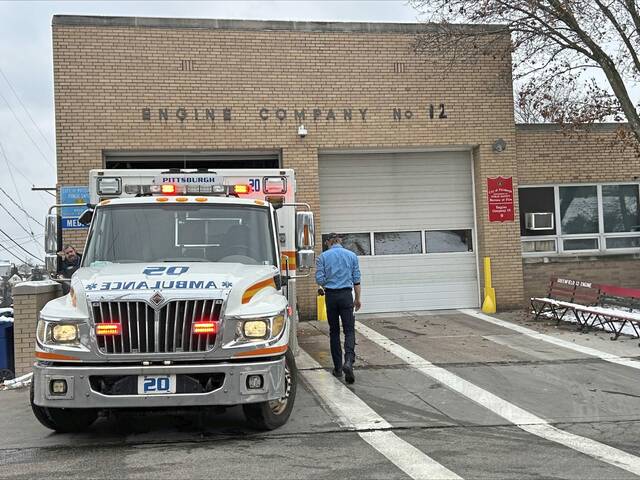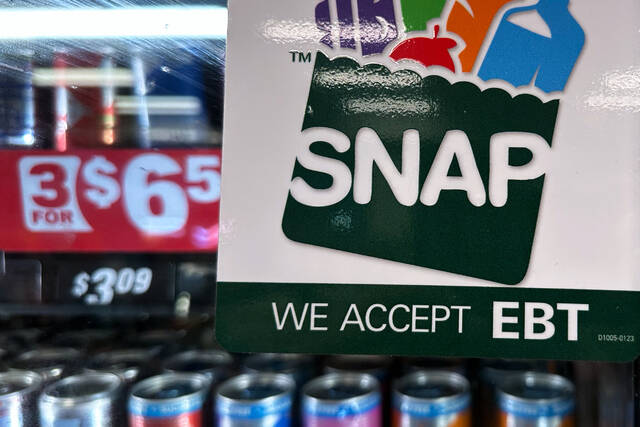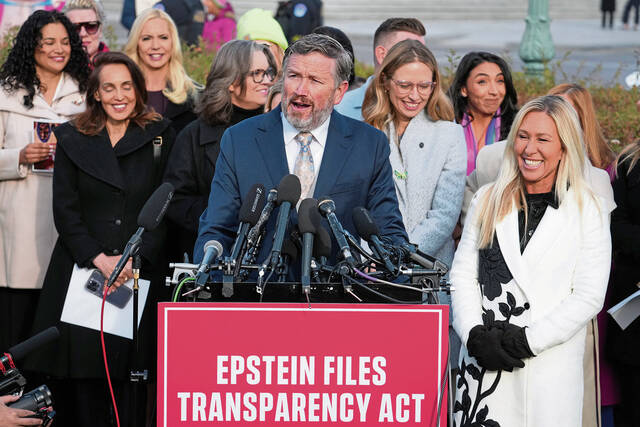When cellphones became widely available in 2007, educators suddenly faced a question with no clear answer: What happens when every student carries a device that can calculate, record and connect them to endless information? Some worried about distraction. Others saw possibility.
Across Pittsburgh, teachers, artists, librarians, museum leaders and technologists came together to imagine how students could use these tools not just as consumers, but as creators. Soon, classrooms were experimenting with filmmaking, stop-frame animation and podcast production, showing how a single device could spark hands-on learning. Out of this movement grew Remake Learning, a thriving ecosystem of educators and innovators working together to help young people explore, invent and connect through technology.
This response wasn’t surprising. Decades earlier, Pittsburgh had already pioneered using technology for learning when Fred Rogers introduced the world to “Mister Rogers’ Neighborhood.” At a time when television was largely seen as entertainment — or even a distraction — Rogers showed how a new medium could be used to educate, nurture and inspire. His work left behind more than a beloved program. It gave Pittsburgh a legacy of innovation in learning and technology that continues to this day.
And now, Pittsburgh is earning national attention as a growing center of AI leadership. Brookings recently named Pittsburgh one of the nation’s “emerging AI hubs,” recognizing the region’s strong talent pipeline, innovation ecosystem and research capacity. Just last month, the AI Horizons Summit brought together leaders from education, health care, industry and government to explore how AI can shape the future across multiple sectors — underscoring the city’s rising role in the national AI conversation.
As Remake Learning approaches its 20th anniversary, we find ourselves at another moment of disruption. Artificial intelligence is transforming the way we work, communicate, and learn. And just as we did with the iPhone in 2007 — and as Fred Rogers did decades before — we believe the right response is not fear or avoidance, but collaboration, creativity and action.
That’s why this spring, Remake Learning hosted an AI Pulse Check at Fred Rogers Productions, bringing together educators, technologists and community partners to explore a simple but profound question: What could it look like for AI to spark more creativity, connection and possibility for young people?
The conversations revealed excitement — and urgency. Participants agreed AI offers enormous potential: to spark learner engagement by helping students imagine, design and create in ways that weren’t possible before; to connect partners by forging new collaborations among schools, families, local businesses and communities; and to position learners as leaders, preparing young people for the ethical and creative challenges of an AI-powered future.
At the same time, the Pulse Check surfaced the importance of clear policies, professional development for teachers, and ongoing dialogue about privacy and ethics. Just as with television and cellphones before it, technology alone won’t improve learning. It’s what communities choose to do with it that matters most.
Based on these findings, Remake Learning is launching a new grant program to help educators, schools and community organizations explore AI in ways that are creative, collaborative and future-focused. The grants will prioritize projects that spark learner engagement by using AI to inspire creativity, experimentation and self-expression; connect partners by bringing schools, families and local organizations together to share ideas and co-create solutions; and position learners as leaders by giving students real-world experiences that prepare them for careers in an AI-driven economy.
As artificial intelligence transforms the world around us, Pittsburgh is once again ready to lead. From Fred Rogers to the birth of Remake Learning, our region has repeatedly shown how new technologies can strengthen — rather than weaken — human connection, creativity, and learning. Twenty years after our network’s founding, we believe this is the moment to do it again.








